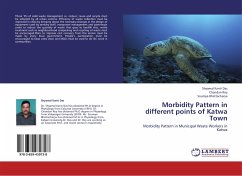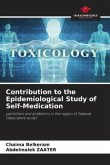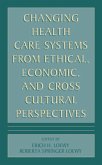Public health ethics is currently the subject of renewed interest, largely due to the challenges presented by recent outbreaks of infectious disease. Over the last decade, and perhaps more particularly since the development of treatments for the human immunodeficiency virus (HIV)/acquired immunodeficiency syndrome (AIDS) and in the wake of the severe acute respiratory syndrome (SARS) crisis, health professionals, academics and policy-makers have been increasingly confronted with the moral dimensions of protecting and promoting the health of populations. The general objectives of public health are clearly distinct from those of clinical medicine, because of the priority it gives to prevention and the community. This prioritisation can lead to active government intervention, sometimes involving heavy burdens or restrictions on individual and collective rights. Public health ethics is therefore more oriented towards the community than medical ethics, and more specifically affects the everyday lives of citizens (Mattéi, J.F., 2013).
Bitte wählen Sie Ihr Anliegen aus.
Rechnungen
Retourenschein anfordern
Bestellstatus
Storno








